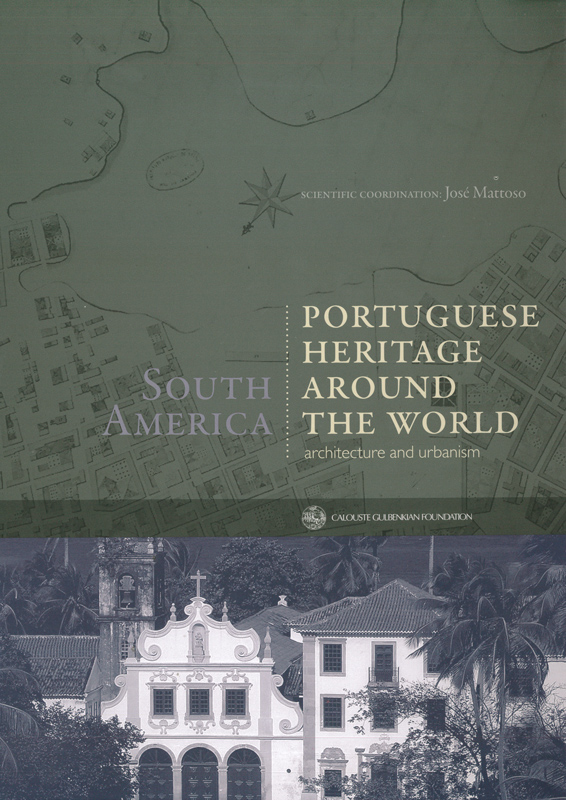Portuguese Heritage Around the World. Architecture and Urbanism – South America

“We need to discover Brazil!”, as poet Carlos Drummond de Andrade wrote in one of his most renowned poems. A remarkable statement, as it invokes a symbolic element in the foundation of Brazil, namely its “discovery”.
To “discover” is a verb that is most valued both by the Brazilian and the Portuguese. But perhaps the most noteworthy element of Drummond’s verse is the idea that discovery should be considered less as an evidence of the past, and more as a continuous presence, a method of mutual learning and understanding. Thus, the assertion that we all need to discover Brazil – all of us, not only the Brazilians – is not a mere evocation or an irony, referring to the episode of the historical discovery. It is, rather, the assumption that the process of continual discovery is the history itself, a shared accomplishment in which we all need to engage.
The notion of common belonging is crucial for the concept of heritage and for the conscience of the need to preserve the collective memory through time and space. In the course of this historical collective awareness, history itself gradually expanded its readings and interpretations. From the restricted notion of “monument” we have evolved to the broad concept of “world heritage” shared by the whole of humanity.
Therefore, in this research work we do not deal with Portuguese built heritage as belonging or having belonged to the Portuguese people. We deal with heritage of Portuguese origin or influence as a part of the cultural inheritance related to the Portuguese presence in a broad sense. In other words, we are dealing with heritage of Portuguese influence, not because the Portuguese bequeathed this inheritance to other peoples and cultures, but because these peoples historically shared it and carried it as their own cultural references. We should not, therefore, read this expression with longing or nostalgic evocation of a past of colonial power that has been long left behind, but on the contrary, as the ability to overcome the material loss and to strengthen the cultural encounter. An encounter of cultures which began through travel and discovery.
(Excerpts from the «General Overview» by Renata Malcher de Araújo)
Technical information
- Responsabilities:
Director: José Mattoso
Coordinator: Renata Malcher de Araújo
- Language:
- Inglês
- Edited:
- Lisboa, 2011
- Entity:
- Fundação Calouste Gulbenkian
- Dimensions:
- 250 x 305 mm
- Cover:
- Encadernado
- Pages:
- 551
- ISBN:
- 978-989-957587-5
